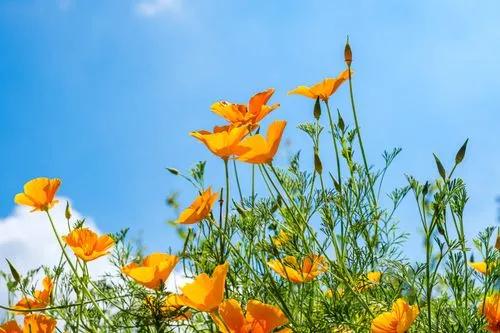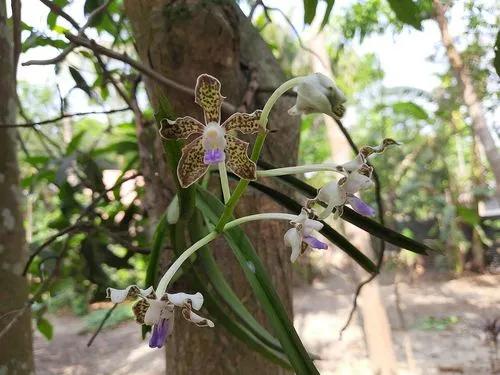Camassia leichtlinii, the great camas or large camas, is a species of flowering plant in the family Asparagaceae. This herbaceous perennial is native to western North America in British Columbia, Canada and California, Nevada, Oregon and Washington, USA.
Great Camas Care
Camassia Leichtlinii



How to Care for the Plant

Water

Average water needs. Camassia will tolerate wet, but not boggy conditions.

Pruning

Cut back faded flower spike.

Fertilizer

Fertilize with a little compost.

Sunlight

It has a bit of tolerance for partial shade allowing it to grow in both open meadows and sun-dappled savanna conditions beneath oaks or fruit trees.

Soil

Great camas thrives in rich organic soils that are boggy and wet during the winter but dry out fully in the summer. It has a bit of tolerance for partial shade allowing it to grow in both open meadows and sun-dappled savanna conditions beneath oaks or fruit trees.

Temperature

Camas seed requires 42-100 days of cold temperatures (34-40°F) under moist stratification for maximum germination (90-100%).

Popularity

277 people already have this plant 25 people have added this plant to their wishlists
Discover more plants with the list below
Popular articles






